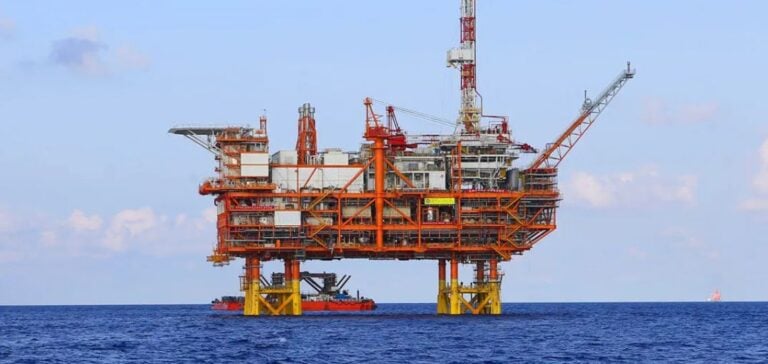China has launched a major oil project in Bohai Bay through the development of the Suizhong 36-2 field. With an average water depth of 27 meters, this site integrates an automated platform to efficiently exploit oil resources.
The production objectives aim to reach 9,700 barrels of oil equivalent per day by 2026, thereby strengthening the country’s energy capacity. This strategic project aligns with efforts to reduce hydrocarbon imports.
Infrastructure optimization to reduce costs
The project relies on the use of existing facilities for crude processing and transport, lowering capital expenditures while enhancing return on investment. This pragmatic approach reflects economic priorities in a global context of rising exploration and production costs.
An example of energy modernization
The standardized engineering techniques used in this project minimize offshore activities while ensuring rapid and economical implementation. Production relies on 21 wells, divided into 16 production wells and 5 water injection wells, thereby optimizing resource recovery.
Impact on China’s oil sector
This project directly contributes to the national strategy of ensuring greater energy security. In a market marked by geopolitical uncertainties and price volatility, China’s ability to develop innovative domestic projects positions itself as a key lever to strengthen its competitiveness.






















